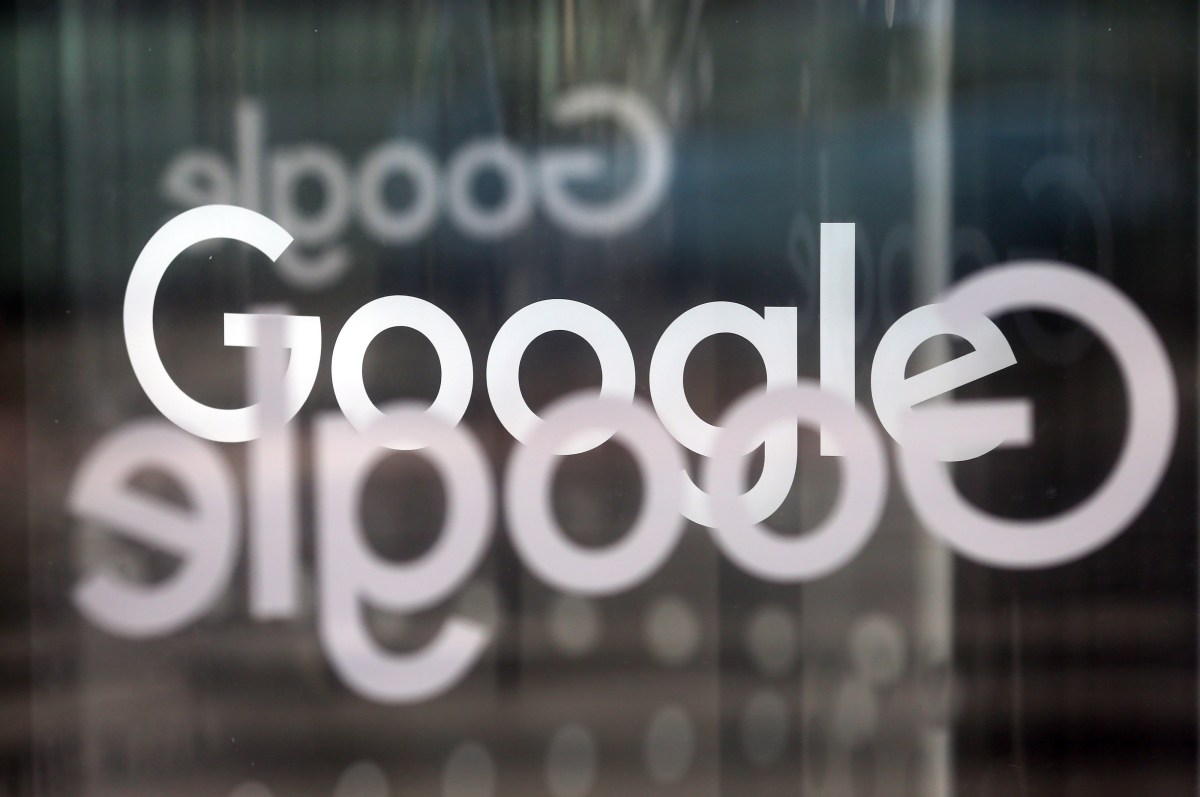Products You May Like
Google can add another antitrust investigation to its stack. This one has been opened by Spain’s competition authority, the CNMC, which said today it’s concerned about possible anti-competitive practices related to the licensing of news content by local publishers.
In a press release it said it is investigating “a series of practices that could involve an abuse of Google’s dominant position vis-à-vis the publishers of press publications and news agencies established in Spain” [NB: We’ve translated the text from Spanish with machine translation].
“In particular, these practices would consist the possible imposition of unfair commercial conditions on the publishers of press publications and news agencies established in Spain for the exploitation of their content protected by intellectual property rights,” it also wrote. “On the other hand, the investigated behaviors would also include practices that would constitute acts of unfair competition that could distort free competition and affect the public interest.”
The competition authority said it is acting following a complaint by the Spanish Center for Reprographic Rights (aka, Centro Español de Derechos Reprográficos or CEDRO).
We’ve reached out to all concerned.
News licensing is an area where Google has faced severe sanction in Europe already. Back in July 2021, France’s antitrust authority fined the tech giant over half a billion dollars for breaching an order to negotiate copyright fees with news publishers for reuse of their content. That followed the EU a copyright reform, agreed back in 2019, that extended IP to snippets of news content — requiring platforms like Google to negotiate with publishers.
Spain transposed the EU reform into its national law in November 2021, paving the way for a return of Google News to the country.
Google’s news aggregation service had closed in Spain in 2014 after the country passed a law that aimed to force Google to pay a collective licensing fee for the news snippets. The EU copyright reform replaced the prior fee regime with a requirement to negotiate with individual publishers — and Google News duly reopened in Spain in June 2022.
At the same time, the company also announced it would launch its News Showcase product in the country. Google’s News Showcase product was spun up by the tech giant in fall 2020 as lawmakers in Europe and elsewhere were zeroing in on making it pay for news content reuse — creating a licensing vehicle it could use in the looming, inexorable negotiations with publishers.
It’s not immediately clear whether the Spanish probe will focus on Google’s News Showcase licensing arrangements or on copyright fees talks — or both.
While it remains to be seen what Spain’s investigation of Google’s news licensing practices will finally determine — the authority has up to 18 months to conduct the probe — it said its preliminary information-gathering phase found “indications of possible infringement”.
Germany’s antitrust authority, meanwhile, has already pushed back over Mountain View’s practices in this area after starting to scrutinize its news-related fine print in summer 2021. The regulatory attention on Google from the German FCO — which is currently armed with beefier powers to tackle Big Tech than other European countries (thanks to a 2021 update to competition law squarely targeted at digital giants) — has led to Google offering a series of concessions over how it operates News Showcase locally, including an offer not to include the showcasing of licensed content in general search results (which is one trigger for antitrust concerns).
The News Showcase product provides the prospect of raised visibility for participating publishers, since the offer is for Google to feature participants’ content to users across a number of touchpoints. However that could create a disadvantage for publishers who don’t pay Google (i.e. if it leads to their content being less visible in Google’s general Internet search, given its continued dominance of the Internet search and content discovery market).
Google has also sought to co-mingle negotiations with publishers over News Showcase with what are, under the pan-EU reform, legally required talks over copyright fees — something France’s watchdog slapped down in its hefty enforcement in mid 2021.
